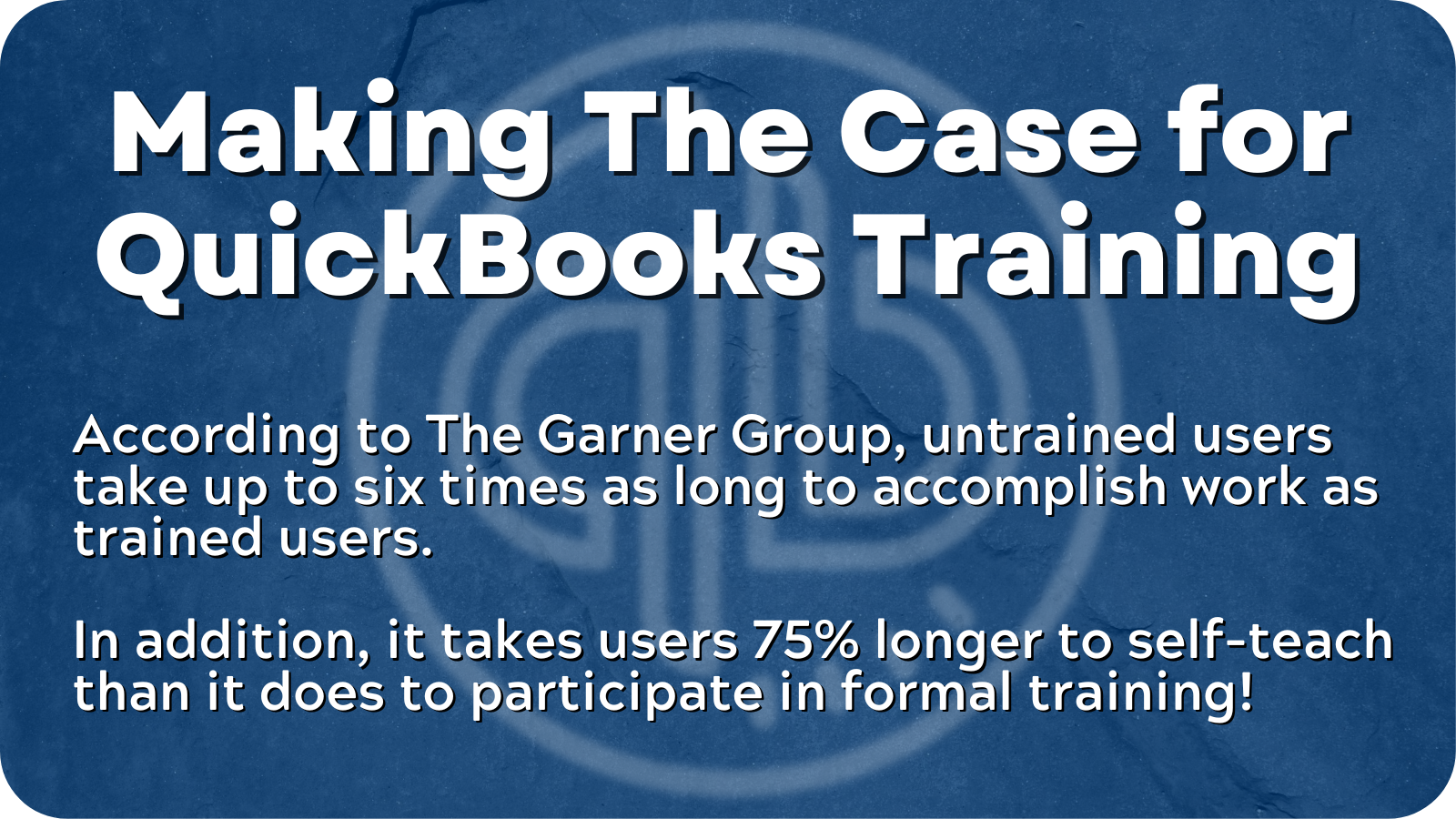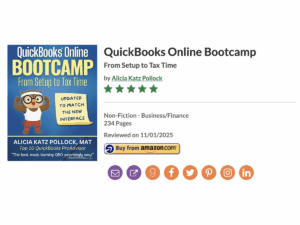Where We Were, Where We Are, and Where We’re Going
Accounting, often referred to as the “language of business,” has been a cornerstone of commerce for millennia. The history of accounting is a testament to human ingenuity and adaptability, with each advancement in technology leading to a corresponding evolution in accounting practices. This article will delve into the past, present, and future of accounting technology, tracing the journey from rudimentary record-keeping methods to sophisticated software solutions.
Accounting Through the Ages
The Dawn of Accounting
The very first accounting systems appeared in ancient civilizations, where people used basic tools like abacuses for arithmetic calculations. As trade and commerce flourished, societies developed more complex record-keeping systems to track transactions, culminating in the double-entry bookkeeping method in the Renaissance. Although these early systems were manual and time-consuming, they laid the groundwork for subsequent advancements in accounting technology.
The Advent of Computers
The invention of computers in the mid-20th century marked a significant turning point in the history of accounting. Early computerized accounting systems, though primarily designed for large corporations, significantly improved the efficiency and accuracy of financial record-keeping. As technology advanced, so did accounting practices, leading to the development of more sophisticated and streamlined systems.
The Rise of Personal Computers and Spreadsheet Software
The proliferation of personal computers in the late 20th century made accounting software more accessible to smaller businesses and individuals. Spreadsheet software like Microsoft Excel revolutionized financial record-keeping and data analysis, enabling users to perform calculations and organize data digitally. This dramatically reduced the need for manual calculations and data entry, transforming the role of the accountant.
The Digital Transformation in Accounting
The Advent of Specialized Accounting Software
In the late 20th and early 21st centuries, specialized accounting software emerged to cater to the unique needs of various industries and businesses. These applications offer a comprehensive suite of tools for tasks such as invoicing, payroll processing, and financial reporting. As businesses increasingly embraced digital technologies, accountants became more adept at integrating information technology into the accounting process.
The Rise of Cloud-Based Solutions
Cloud-based accounting solutions like QuickBooks Online have become increasingly popular in recent years. These platforms allow users to access their financial data from anywhere, anytime, providing real-time insights into their financial health. Cloud-based solutions not only offer greater flexibility and convenience but also facilitate better collaboration and data sharing among team members.
The Emergence of Automation and Artificial Intelligence
Automation and artificial intelligence (AI) are reshaping the future of accounting technology. Advanced algorithms and machine learning capabilities are streamlining tasks such as data entry, transaction categorization, and report generation. This shift towards automation is freeing up accountants to focus on more strategic and value-added activities, such as data analysis and business advisory services.

Embracing the Future of Accounting Technology
To stay ahead in the rapidly evolving landscape of accounting technology, businesses and accountants must be proactive in embracing new technologies and trends. This includes investing in advanced accounting software, integrating new tools and services, and continually improving their technical skills.
Real-Time Reporting and Auditing
With advancements in technology, real-time reporting and auditing are becoming increasingly feasible. Modern accounting systems can synchronize data in real time, providing up-to-the-minute insights into a company’s financial status. This capability enables businesses to make informed decisions based on the most current information, enhancing their strategic decision-making processes.
Integration with Third-Party Apps and Services
Integration with third-party apps and services is another trend shaping the future of accounting technology. Accounting software can now seamlessly interface with various tools and platforms, including payment processors, e-commerce platforms, and customer relationship management (CRM) systems. These integrations help businesses centralize their data and operations, leading to improved efficiency and decision-making.
Enhanced Security and Compliance Features
As cybersecurity threats and data privacy concerns rise, accounting software must incorporate advanced security features and compliance tools to protect sensitive financial information. These features include encryption, multi-factor authentication, and regular security updates to safeguard against potential breaches.
Personalized and Predictive Analytics
Future accounting software will offer personalized and predictive analytics capabilities, enabling businesses to gain deeper insights into their financial performance and identify potential risks and opportunities. Advanced data visualization tools will also help users better understand complex financial data and make more informed decisions.
Enhancing Skills and Knowledge
To remain competitive, accountants should continuously update their skill sets. This means mastering new software, understanding emerging trends, and leveraging data analytics. For businesses and accounting firms that want a structured approach to this ongoing learning, platforms like Royalwise’s Q.U.E.S.T. training portal offer comprehensive training in advanced accounting software, including QBO, and up-to-date courses to stay ahead of the curve.
The Way Forward
The accounting technology landscape promises even more innovative solutions that will continue to revolutionize processes and offer deeper financial insights. For those looking to stay ahead of these advancements, specialized training programs can provide the critical skills and knowledge needed to embrace the future confidently.
The journey from abacus to advanced accounting software highlights incredible technological progress. The future holds unlimited potential for further innovations, and platforms like the Q.U.E.S.T. portal can be your guide to navigating this evolving landscape successfully.
Ready to Scale Your Accounting Firm?
Your Q.U.E.S.T. Portal Awaits—Let’s Connect!
Click the button below to take the first step.






